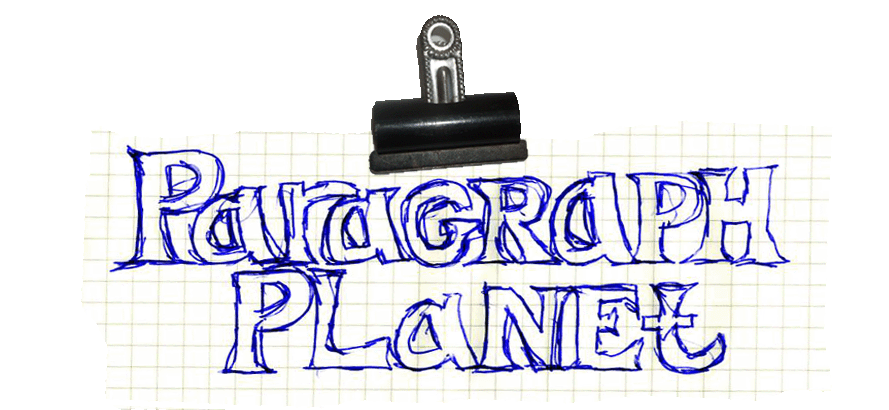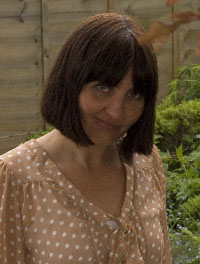









on


ARAMINTA HALL
 It's been marketed as a psychological thriller, although I wasn't completely aware that I was writing one at the time. It's basically about a young family living in London, struggling with childcare, full time jobs and a hefty mortgage. Into the mix comes Aggie, a seemingly perfect nanny, who sorts and cleans and solves some of the children's problems. However she has a darker side as a result of her own upbringing and, as Ruth and Christian's marriage dissolves, this becomes more and more apparent.
How did your novel change over successive drafts?
It's been marketed as a psychological thriller, although I wasn't completely aware that I was writing one at the time. It's basically about a young family living in London, struggling with childcare, full time jobs and a hefty mortgage. Into the mix comes Aggie, a seemingly perfect nanny, who sorts and cleans and solves some of the children's problems. However she has a darker side as a result of her own upbringing and, as Ruth and Christian's marriage dissolves, this becomes more and more apparent.
How did your novel change over successive drafts?
It started life as a story about modern families and how hard and time-consuming life can be. The more I wrote however the more I felt like I was just rambling on about stuff people either knew or wanted to forget. I decided to introduce the character of Aggie as a sort of marker, but in the end she became a main character in her own right. I imagine the reader starts out identifying with Ruth or Christian, but as the novel develops our sympathy switches between them and Aggie. I didn't want to write about black and white characters and I wanted there to be a sense of moral ambiguity about all of them, as I think that is how most of us live. The ending also changed and became much more dramatic, which was not something I had planned, but something I felt needed to happen as the book came to a conclusion. I started Paragraph Planet because my favourite writing stage is chiselling away to fit a word count. What is your favourite stage of the writing process?
Definitely not fitting a word count! I love creating the characters, really getting involved in how they think, understanding bits about their background that you might never even put into the story. I have shelves of notebooks crammed with ideas and references about my characters as I really believe that a story is only believable if the characters act in convincing ways. How important is an 'online' presence to a writer?
I've only recently gone on Facebook and Twitter, at the insistence of my publisher. I was very reluctant at first and still don't enjoy Facebook, but I think Twitter is great, so immediate and you don't have to read about what anyone's just eaten for breakfast. I can see that it's becoming vitally important and will probably become more so, especially with the rise of the ebook. Which authors have influenced your writing?
I don't know if they've influenced my writing because that sounds too grandiose for what I do, but my favourite authors are John Irving, Margaret Atwood, Charlotte Bronte, Anne Tyler. I love writers who get the heart of what it is to be existing, but encase it within a really good story. Any tips for budding writers?
Read, read, read. I know lots of people have said it, but I think it really is true that you cannot be a writer unless you are a reader. Don't ever believe that your first draft is the final draft. Develop a thick skin as not everyone will like your book so there will be rejection along the way. And, be brave because it's a hard market to break into. Any plans for your next novel ?
I actually handed my second novel in last week and am waiting to hear what my publishers think. It's a bit of a departure as it isn't a thriller, but instead a story of two small, enclosed families in a tiny Welsh village who discover their lives are much more interlocked than they think. Click here to link to Araraminta's novel as chosen for Richard & Judy's Book Club Araminta can also be found on Facebook (search 'Araminta Hall') and on twitter @aramintahall She is also taking part in The Big Book Group. Click here for details.
